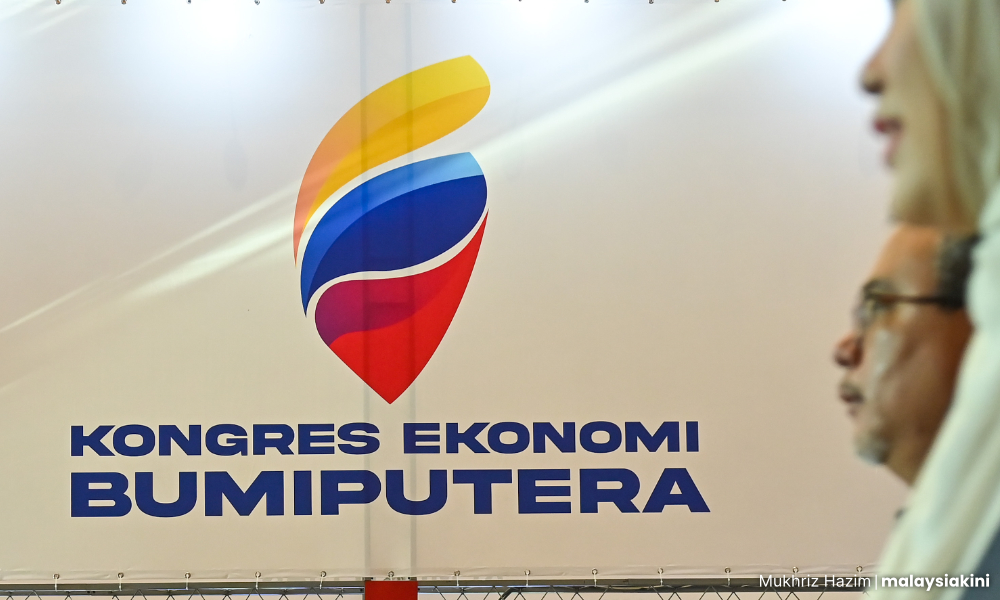The nation should move beyond the 30 percent bumiputera equity ownership target set by the New Economic Policy (NEP) in 1971, said Economy Minister Rafizi Ramli.
Speaking to reporters on the sidelines of the Bumiputera Economic Congress 2024 today, Rafizi said the success of the bumiputera development should not solely be focused on efforts to achieve the aforementioned target.
Should the target be the sole focus, the government may make mistakes in developing policies to help the community, he added.
“We need to consider that the trend of ownership or methods to acquire equity has changed compared to 20 to 30 years ago as we have a tendency now where investors prefer to use nominees, and our laws allow nominees,” he said during a press conference at the Putrajaya International Convention Centre today.
“So, if we continue to debate whether or not bumiputera are successful solely based on the 30 percent ownership, I feel that it can be self-defeating.”
The PKR deputy president pointed out further that the participation of foreign investors in local companies has posed difficulty in determining whether a company is of bumiputera status.
“There are companies seen as bumiputera (companies) because from top down, the CEO to the president to everyone else, it’s bumiputera but on paper, they (the companies) are not bumiputera (owned) as they are GLCs, for example...
“So, it depends on the definition,” he said.

Therefore, the approach, he said, needs to be steered towards the community being involved in value creation and ownership.
“If we only look at what has not been achieved in terms of the 30 percent equity ownership, the discussion will blind us from important matters, including how to improve management control and how we want to see more bumiputera involved in participation and value creation and so on,” he said.
More partnerships
In a related development, Rafizi has encouraged the formation of more partnerships between the bumiputera and non-bumiputera communities in private ventures.
This, he said, is because the bumiputera community “requires a much better capital mobilisation, internally” with the non-bumiputera as partners.
“Imagine if we can have this, and therefore, (there are) opportunities for new ventures where non-Malays can invest in bumiputera ventures that are good.
“I hope to set the tone because (from) the moment it’s privately funded, or be it from mobilised bumiputera capital... When those bumiputera or anyone for that matter, strike out on your venture, you have to be accountable for it.
“There is no safety net. That will also help our competitiveness and create more synergy between bumiputera and non-bumiputera,” he said.



No comments:
Post a Comment
Note: Only a member of this blog may post a comment.